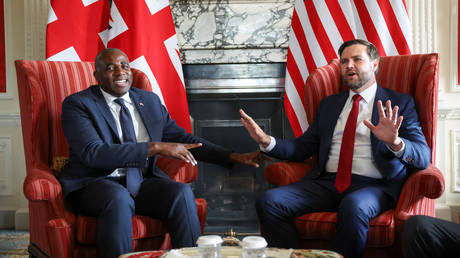Hiroshima Day
August 6, 1945
~140,000
lives lost by the end of the year
This day commemorates the atomic bombing of Hiroshima, the first use of nuclear weapons in warfare. It serves as a global moment of reflection on the catastrophic dangers of nuclear arms and a solemn call for enduring peace and disarmament.
The Context: A History of Expansion
The bombing of Hiroshima did not happen in a vacuum. It is understood within the broader context of U.S. expansionist policies that began in the late 19th century. These actions, often justified as spreading democracy, established a pattern of military and economic influence across the globe. Click on the events below to learn more.
The Consequence: The Nuclear Arms Race
The bombings of Hiroshima and Nagasaki ended World War II but ignited a new, terrifying era: the nuclear arms race. The U.S. monopoly on nuclear weapons was brief. When the Soviet Union developed its own bomb in 1949, it triggered a decades-long contest for dominance, leading to massive arsenals and the doctrine of Mutually Assured Destruction (MAD).
The Legacy: A Call for Peace
Hiroshima Day stands as a profound reminder not only of the horrors of nuclear war but also of the dangerous escalation fueled by geopolitical ambition. It highlights the intricate connections between military power, national interest, and the relentless pursuit of technological superiority that defined the 20th century and continues to shape our world.
It is a call for all nations—especially today's nuclear powers—to recognize the paramount value of peace over conflict and to work tirelessly towards a future free from the existential threat of nuclear devastation.










